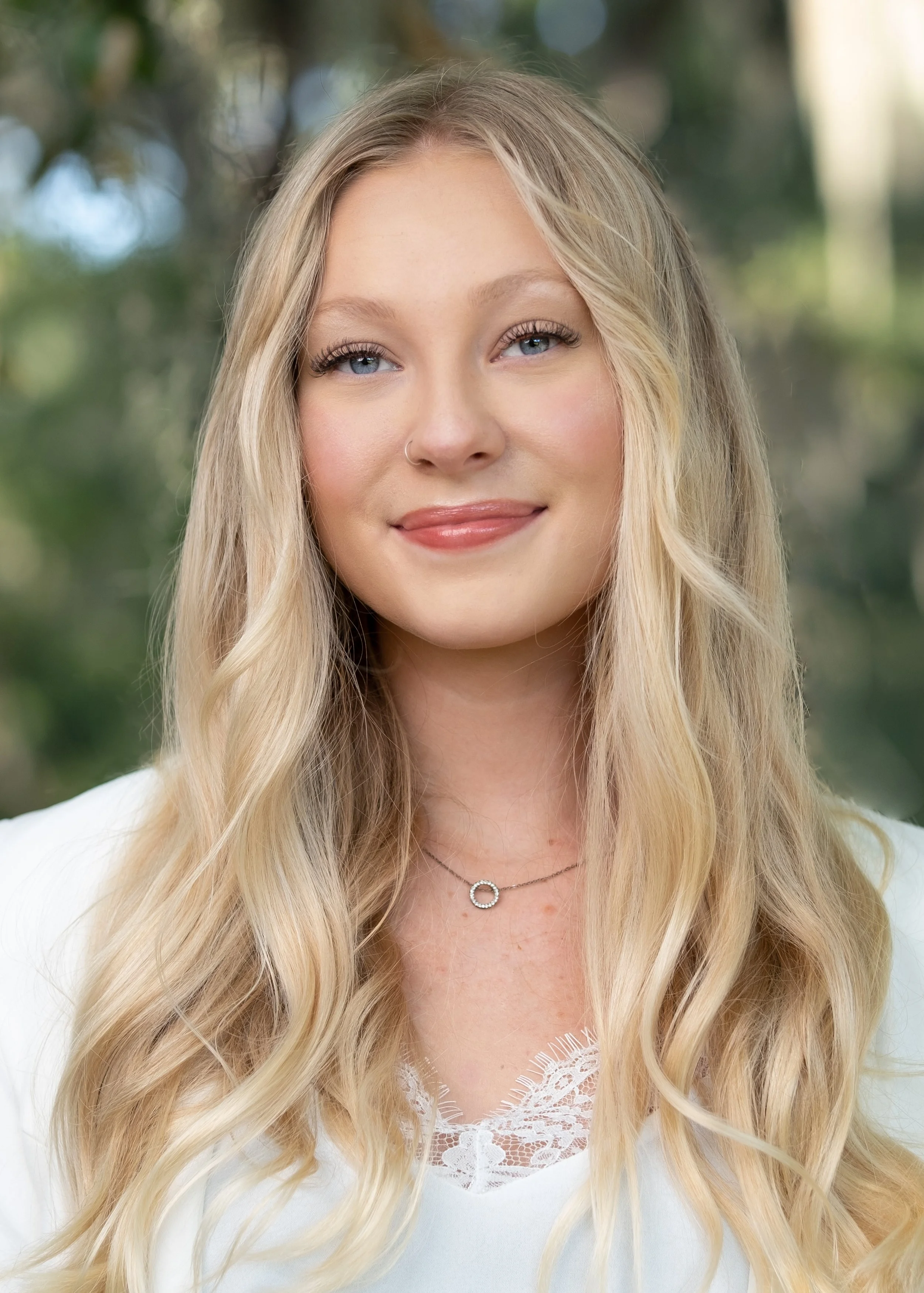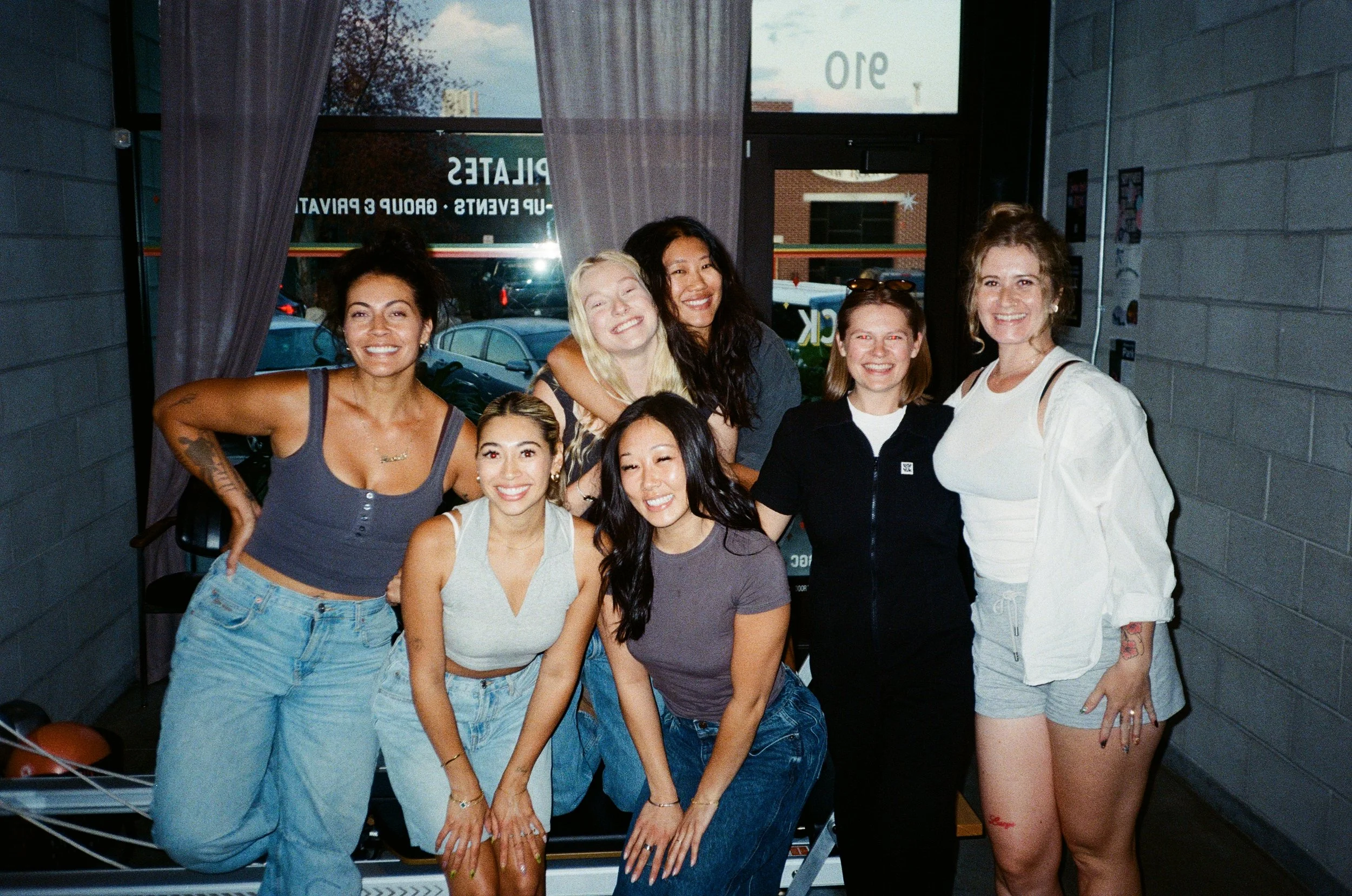I’m Jocelyn Mueller
Hi!
A Little About Me
I am a master’s-level researcher with interests in exploring romantic relationships, substance use, and sexual health using a variety of methods (e.g., experimental, qualitative, longitudinal, ecological momentary assessment). I’m also interested in using observational methods and physiological measures to examine dyadic interactions within romantic relationships.
What I’ve Been Doing
Currently, I’m a Research Coordinator on a NIDA-funded longitudinal study examining adolescent-onset substance use disorder progression at the University of California, San Diego. I’m also a volunteer research assistant on other NIH-funded studies – see my current projects below!
My Current Projects
-
Genetics of Antisocial Drug Dependence (GADD)
Research Coordinator, 2023 – present
Conducted under Dr. Tamara Wall at the University of California, San Diego
This NIDA-funded study aims to understand factors associated with the progression of adolescent-onset substance use disorder into adulthood in a high-risk mixed gender sample.
Methods: This multi-site longitudinal study follows a cohort of clinical probands and their siblings from adolescence into adulthood, with ongoing data collection in a fourth wave (current ages 35–40). Validated structured interviews were used across waves to assess alcohol and other substance use, antisocial behavior, generalized anxiety disorder, and major depressive disorder.
-
Young Adult Education on Alcohol and Health (YEAH)
Research Assistant, 2023 – present
Conducted under Dr. Jessica Blayney at the University of Washington
This NIAAA-funded study aims to develop and test a technology-based intervention to reduce alcohol and sexual risk in young women with a history of sexual victimization.
Methods: This multi-phase study focused on incorporating methods from user-centered design (e.g., double diamond, design thinking) into intervention development by working alongside the target population to gather feedback on the program’s content, design, and delivery. Currently, a large-scale randomized controlled trial is being conducted to compare the developed intervention to a control group in terms of alcohol and sexual risk outcomes over time.
-
Health Education for Youth (HEY)
Research Assistant, 2023 - present
Conducted under Dr. Jessica Blayney at the University of Washington
This NIMH-funded study aims to understand how female adolescents navigate sexual situations and their barriers to safer sex behaviors to develop a technology-based intervention to reduce STI/HIV risk.
Methods: This study involves developing a sex-positive program for high school women by gathering feedback on its content and design. Participants complete a user feedback interview and a short survey that assesses alcohol use, mental health, and sexual experiences, while intervention materials focus on emotions, sexual communication, consent, boundaries, and sexual health.
-
Substance Use, Women's Health and Nations (SWAN)
Research Assistant, 2021 - present
Conducted under Dr. Karina Villalba at the University of Central Florida
This internally funded pilot study aims to understand the cognitive, emotional, and behavioral outcomes of cannabis use in cisgender women.
Methods: This cross-sectional study recruited women aged 18 and older with lifetime cannabis use. Participants completed surveys assessing adverse childhood experiences, substance use patterns, physical health, prescription medication use, and measures of anxiety, depression, and PTSD. Additionally, semi-structured interviews explored cannabis knowledge, reasons for use, barriers, and facilitators.
CV Highlights
EducationB.A.
I earned my Bachelor of Arts in Psychology with a minor in Behavioral Healthcare from the University of South Florida. During my undergraduate studies, I developed a foundational understanding of psychological science, with specialized coursework in women and gender studies and social psychology.
After graduation, I began working in population health research at the University of Central Florida, with a focus on cannabis use among older women, and continue to support this work as a volunteer research assistant. Using a mixed methods approach, we identified perceived benefits, substitution behaviors, and facilitators of cannabis use. This experience deepened my interest in research and inspired me to pursue graduate training.
M.A.
I graduated from the University of New Orleans with a Master of Science in Applied Psychology. What excited me most during my early graduate training was the opportunity to learn more about developmental processes and statistical analyses. I found it especially insightful to apply these approaches through independent studies, where I explored stress, substance use, and family dynamics.
Now
I’m currently volunteering at the University of Washington on the Young Adult Education on Alcohol and Health (YEAH) and Health Education for Youth (HEY) studies, which develop and test technology-based interventions to reduce substance use and sexual risk in adolescents and young women who have experienced sexual victimization. My involvement in this lab has taught me methods from user-centered design, which prioritizes the needs of the target population, ultimately improving intervention outcomes. Throughout the many aspects of these projects, what resonated with me most was identifying where teens and young adults learn about relationships and sex, and recognizing the disconnect between the current sex education system and the knowledge they need to build healthy relationships and sexual well-being.



